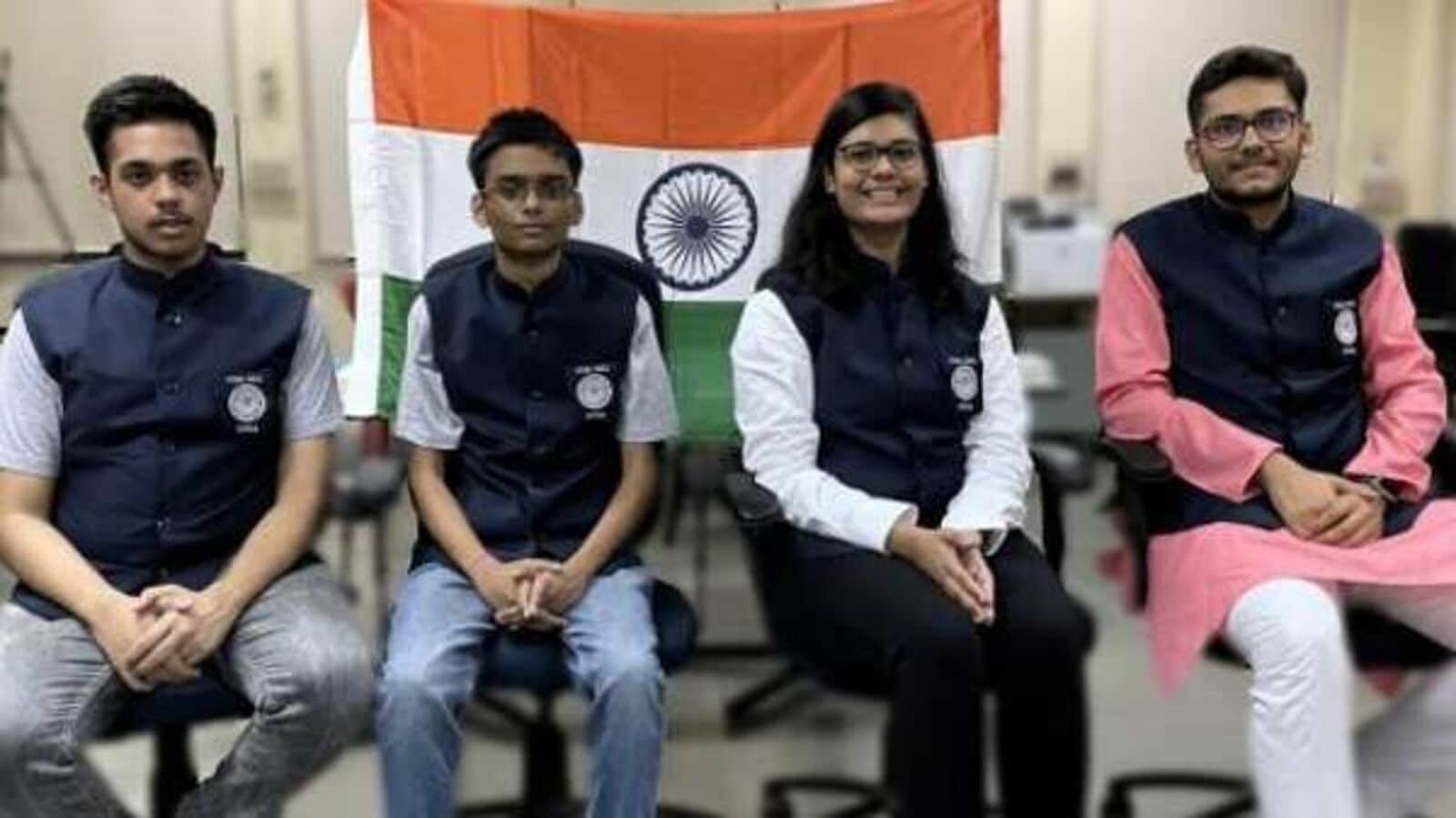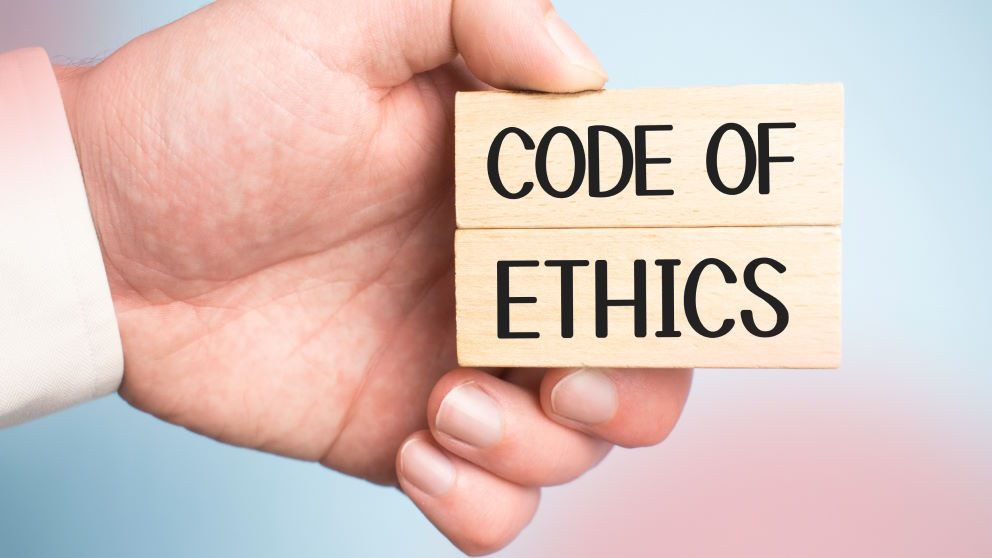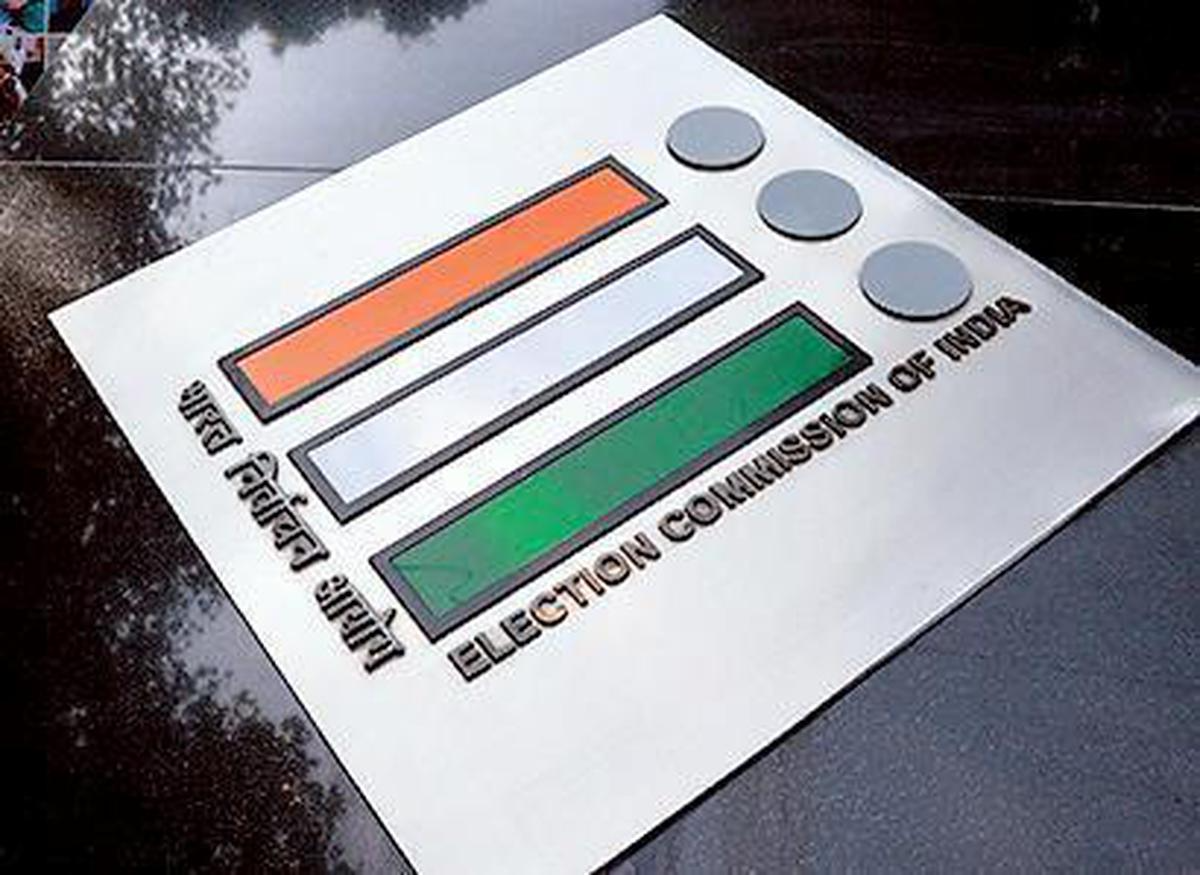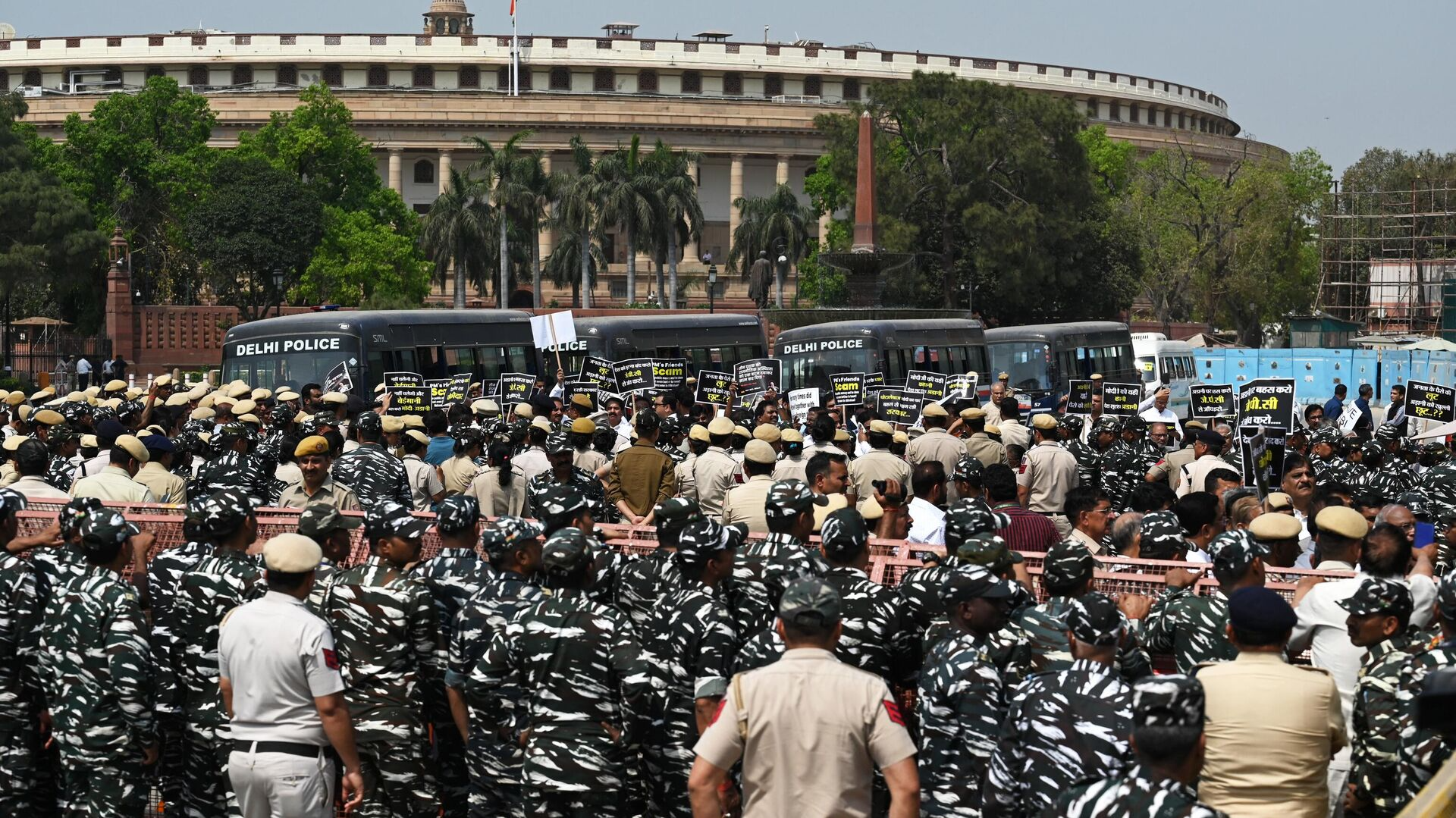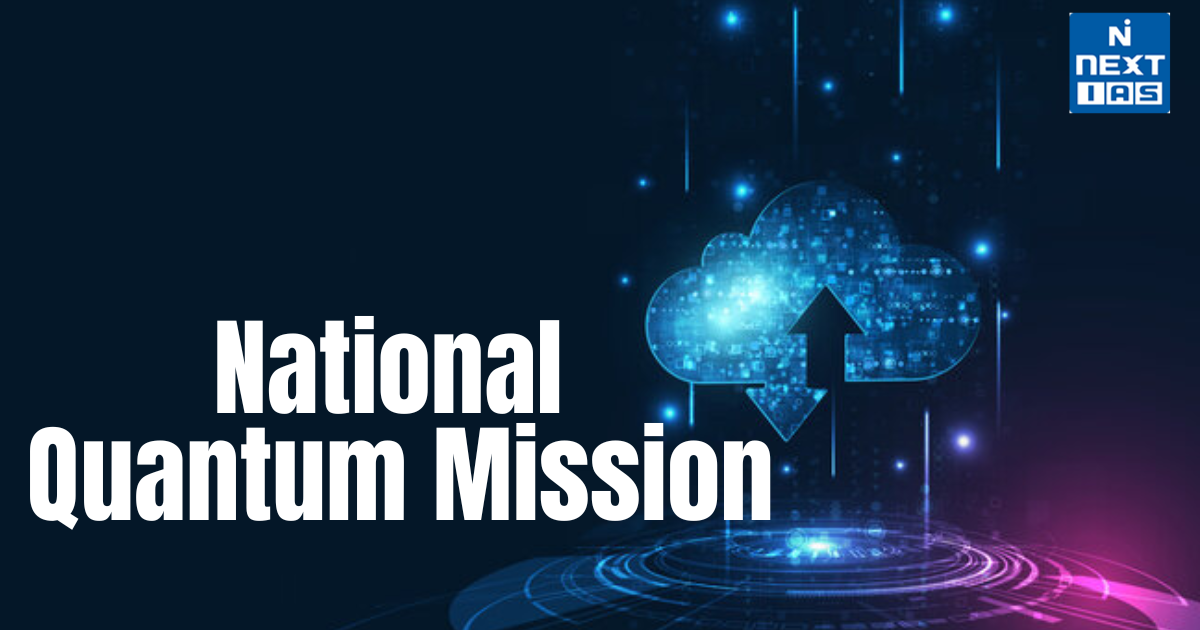UGC PhD Entrance Rule Changes
Posted On July 11, 2025
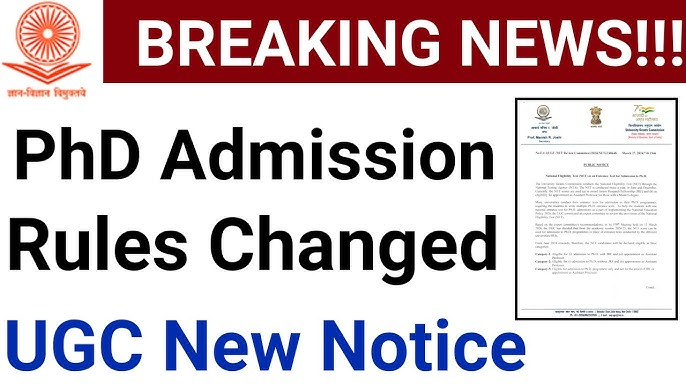
In a major overhaul of India's higher education admissions process, the University Grants Commission (UGC) announced transformative new rules for PhD admissions in 2025. These changes are intended to streamline, standardize, and modernize doctoral admissions across the country, while improving access, transparency, and research quality. As PhD enrollment numbers grow and global competition intensifies, the UGC’s reforms aim to build a more cohesive and merit-based doctoral research ecosystem aligned with the National Education Policy (NEP) 2020.
The Key Rule Change- NET as Gateway
The most significant update is the decision to make the National Eligibility Test (NET) the primary gateway for PhD admissions. Starting with the academic year 2025-26, NET scores will serve as the standardized eligibility criteria across central, state, and deemed universities. This eliminates the need for multiple PhD entrance tests conducted by individual universities, thereby reducing redundancy and student burden.
According to the new structure-
Candidates who qualify NET-JRF (Junior Research Fellowship) will get direct admission into PhD programs, subject to interview performance and institutional norms. Candidates who qualify NET (without JRF) will also be eligible to apply for PhD programs, but must compete through institutional selection processes such as interviews or written statements of purpose. University-specific entrance exams are no longer mandatory, though institutions may conduct additional screening interviews. This move is being praised for creating a level playing field for students across India, especially those from marginalized and remote areas who previously had to travel extensively and spend significant amounts to appear in multiple entrance exams.
Coursework and Credit System Updates
The UGC has also revised the PhD coursework requirements, trimming it from 16 credits to 12 credits, in line with NEP’s push toward streamlined and skill-based learning. Of these-
4 credits are allocated to research methodology
2 credits to research and publication ethics
The remaining 6 credits can be customized according to disciplinary needs
PhD scholars are now encouraged to complete interdisciplinary courses from SWAYAM and other approved online platforms. These credits can be transferred via the Academic Bank of Credits (ABC) system, offering flexibility and wider learning exposure.
Institutions are being mandated to ensure coursework completion within six months of registration. Delays will no longer be tolerated unless under exceptional circumstances, such as medical leave.
PhD for Working Professionals- A Game-Changer
Another major innovation is the formalization of part-time PhD programs for working professionals. These programs are designed to strengthen industry-academia collaboration and allow professionals with significant work experience to pursue research in areas relevant to their industry or sector.
Eligibility criteria include-
A minimum of five years of work experience
Employer consent and research relevance certification
A viable research proposal aligned with institutional research goals
This opens new avenues for engineers, healthcare professionals, policymakers, and executives to contribute to India’s research ecosystem without leaving their jobs. It also promotes practice-based research that can impact real-world problems in areas like AI, public health, or logistics.
Unified Timeline and Online Application System
To improve coordination and fairness, the UGC has introduced a common academic calendar for PhD admissions. All central universities must follow a synchronized schedule-
NET results- Announced by April
Application windows- May-June
Interviews & offers- July
Semester starts- August
Moreover, a centralized online portal will host applications for over 200 PhD-granting institutions. Students can apply to multiple programs, upload their NET scores, academic credentials, and SOPs through a single interface. This platform will also offer data on seat availability, faculty guides, institutional rankings, and funding opportunities - similar to the UCAS system in the UK or the Common App in the US.
Funding and Fellowship Reforms
The reforms also address longstanding issues around funding clarity and fellowships. All students admitted through NET-JRF will receive a stipend of ₹31,000/month for two years, and ₹35,000/month thereafter, funded by UGC or partner institutions. In addition, non-JRF students may now qualify for institute-level research assistantships or CSR-funded fellowships, especially in interdisciplinary and applied research domains. Institutions have been encouraged to create endowment funds or partner with private sector players to sponsor part-time PhD candidates.
New PhD tracking portals will also ensure that funding is disbursed transparently, and students are not left without financial support mid-program.
Research Quality and Plagiarism Checks
To improve research quality, the UGC has updated its minimum standards for PhD thesis evaluation. All theses must now-
Undergo plagiarism checks via tools like Turnitin
Include at least one peer-reviewed publication
Be reviewed by two external experts, one of whom must be international for science and technology disciplines
The UGC is also setting up a National Repository of Doctoral Theses that will make all submitted theses publicly accessible, promoting transparency, preventing duplication, and encouraging citation.
Autonomy and Institutional Response
Universities have responded to these changes with a mix of enthusiasm and concern. While elite institutions such as IITs, IIMs, IISc, and Central Universities have largely welcomed the NET-centric system, some state universities and autonomous colleges worry about losing the flexibility to admit niche talent or non-NET candidates. In response, the UGC has clarified that institutions can still conduct interviews, and in rare cases, recommend non-NET applicants with exceptional credentials under special quotas, especially for innovation or regional development projects.
Furthermore, a quality audit cell is being introduced to evaluate if institutions are abiding by transparent and equitable admission and mentorship practices.
Challenges Ahead
While the reforms are promising, several implementation challenges must be addressed-
NET syllabus variation across disciplines remains vast and sometimes outdated.
Language barriers can disadvantage non-English medium students.
Overcentralization may hurt regional innovation and autonomy.
Infrastructure gaps in state universities may affect coursework and mentorship quality.
To mitigate these issues, the UGC has committed to-
Conduct syllabus reviews for NET every two years
Provide free online preparation tools for rural students
Offer mentor training programs for newly accredited guides
Ensure regional representation in policy-making committees
Long-Term Vision and Conclusion
The PhD entrance rule changes are part of a broader vision to elevate Indian research to global standards. By focusing on merit-based entry, streamlined coursework, research integrity, and professional accessibility, the reforms aim to make doctoral education more meaningful, inclusive, and impactful. If implemented effectively, these changes could increase India's PhD enrollment from the current 2.5% to the NEP 2035 target of 5%, improve research output, and encourage innovation that solves India’s pressing societal and technological challenges. More importantly, they signal a shift in mindset - from treating PhDs as bureaucratic degrees to nurturing a research culture that values inquiry, ethics, and relevance.
The Key Rule Change- NET as Gateway
The most significant update is the decision to make the National Eligibility Test (NET) the primary gateway for PhD admissions. Starting with the academic year 2025-26, NET scores will serve as the standardized eligibility criteria across central, state, and deemed universities. This eliminates the need for multiple PhD entrance tests conducted by individual universities, thereby reducing redundancy and student burden.
According to the new structure-
Candidates who qualify NET-JRF (Junior Research Fellowship) will get direct admission into PhD programs, subject to interview performance and institutional norms. Candidates who qualify NET (without JRF) will also be eligible to apply for PhD programs, but must compete through institutional selection processes such as interviews or written statements of purpose. University-specific entrance exams are no longer mandatory, though institutions may conduct additional screening interviews. This move is being praised for creating a level playing field for students across India, especially those from marginalized and remote areas who previously had to travel extensively and spend significant amounts to appear in multiple entrance exams.
Coursework and Credit System Updates
The UGC has also revised the PhD coursework requirements, trimming it from 16 credits to 12 credits, in line with NEP’s push toward streamlined and skill-based learning. Of these-
4 credits are allocated to research methodology
2 credits to research and publication ethics
The remaining 6 credits can be customized according to disciplinary needs
PhD scholars are now encouraged to complete interdisciplinary courses from SWAYAM and other approved online platforms. These credits can be transferred via the Academic Bank of Credits (ABC) system, offering flexibility and wider learning exposure.
Institutions are being mandated to ensure coursework completion within six months of registration. Delays will no longer be tolerated unless under exceptional circumstances, such as medical leave.
PhD for Working Professionals- A Game-Changer
Another major innovation is the formalization of part-time PhD programs for working professionals. These programs are designed to strengthen industry-academia collaboration and allow professionals with significant work experience to pursue research in areas relevant to their industry or sector.
Eligibility criteria include-
A minimum of five years of work experience
Employer consent and research relevance certification
A viable research proposal aligned with institutional research goals
This opens new avenues for engineers, healthcare professionals, policymakers, and executives to contribute to India’s research ecosystem without leaving their jobs. It also promotes practice-based research that can impact real-world problems in areas like AI, public health, or logistics.
Unified Timeline and Online Application System
To improve coordination and fairness, the UGC has introduced a common academic calendar for PhD admissions. All central universities must follow a synchronized schedule-
NET results- Announced by April
Application windows- May-June
Interviews & offers- July
Semester starts- August
Moreover, a centralized online portal will host applications for over 200 PhD-granting institutions. Students can apply to multiple programs, upload their NET scores, academic credentials, and SOPs through a single interface. This platform will also offer data on seat availability, faculty guides, institutional rankings, and funding opportunities - similar to the UCAS system in the UK or the Common App in the US.
Funding and Fellowship Reforms
The reforms also address longstanding issues around funding clarity and fellowships. All students admitted through NET-JRF will receive a stipend of ₹31,000/month for two years, and ₹35,000/month thereafter, funded by UGC or partner institutions. In addition, non-JRF students may now qualify for institute-level research assistantships or CSR-funded fellowships, especially in interdisciplinary and applied research domains. Institutions have been encouraged to create endowment funds or partner with private sector players to sponsor part-time PhD candidates.
New PhD tracking portals will also ensure that funding is disbursed transparently, and students are not left without financial support mid-program.
Research Quality and Plagiarism Checks
To improve research quality, the UGC has updated its minimum standards for PhD thesis evaluation. All theses must now-
Undergo plagiarism checks via tools like Turnitin
Include at least one peer-reviewed publication
Be reviewed by two external experts, one of whom must be international for science and technology disciplines
The UGC is also setting up a National Repository of Doctoral Theses that will make all submitted theses publicly accessible, promoting transparency, preventing duplication, and encouraging citation.
Autonomy and Institutional Response
Universities have responded to these changes with a mix of enthusiasm and concern. While elite institutions such as IITs, IIMs, IISc, and Central Universities have largely welcomed the NET-centric system, some state universities and autonomous colleges worry about losing the flexibility to admit niche talent or non-NET candidates. In response, the UGC has clarified that institutions can still conduct interviews, and in rare cases, recommend non-NET applicants with exceptional credentials under special quotas, especially for innovation or regional development projects.
Furthermore, a quality audit cell is being introduced to evaluate if institutions are abiding by transparent and equitable admission and mentorship practices.
Challenges Ahead
While the reforms are promising, several implementation challenges must be addressed-
NET syllabus variation across disciplines remains vast and sometimes outdated.
Language barriers can disadvantage non-English medium students.
Overcentralization may hurt regional innovation and autonomy.
Infrastructure gaps in state universities may affect coursework and mentorship quality.
To mitigate these issues, the UGC has committed to-
Conduct syllabus reviews for NET every two years
Provide free online preparation tools for rural students
Offer mentor training programs for newly accredited guides
Ensure regional representation in policy-making committees
Long-Term Vision and Conclusion
The PhD entrance rule changes are part of a broader vision to elevate Indian research to global standards. By focusing on merit-based entry, streamlined coursework, research integrity, and professional accessibility, the reforms aim to make doctoral education more meaningful, inclusive, and impactful. If implemented effectively, these changes could increase India's PhD enrollment from the current 2.5% to the NEP 2035 target of 5%, improve research output, and encourage innovation that solves India’s pressing societal and technological challenges. More importantly, they signal a shift in mindset - from treating PhDs as bureaucratic degrees to nurturing a research culture that values inquiry, ethics, and relevance.



